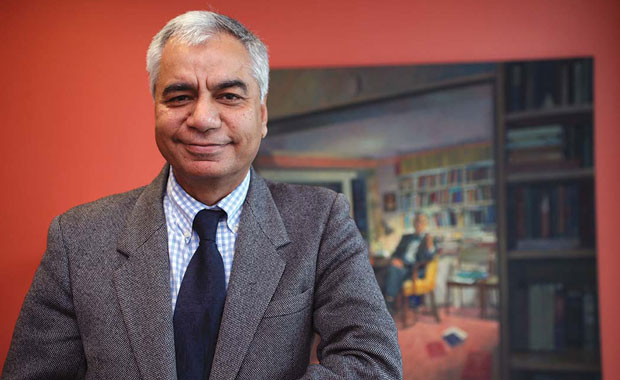Just Imagine: Why are some people more equal than others?
Just imagine that you or one of your loved ones develops a psychiatric illness. There is a one in four chance that any of us in our adulthood will develop a psychiatric disorder. Now imagine that you do not have access to simple cheap medication or treatment. Even if you do, there is a strong likelihood that people will avoid you and your family. Now imagine that you are on medication and treatment, and you get better. You apply for a job and the application for the job asks you about your medical history. You fill the form in truthfully, and are not shortlisted. You manage to find a job well below your achievements; you perform successfully but your colleagues still avoid you and your family. Imagine that you continue to improve and get better, and are well settled – yet you are likely to die 15-20 years younger than your peers who do not have a mental illness. With your mental illness, if you go to a hospital for treatment of a physical illness, chances are very high that you will not be investigated thoroughly. Now imagine – is this fair?
In many countries around the world, patients with mental illness are likely to be shackled, end up in prison or wander the streets in a state of homelessness. In many parts of the world, an individual with mental illness cannot vote, inherit property or adopt children. Why is this seen as fair?
Individuals with mental illness have the same rights as individuals without mental illness. These rights exist in theory, but not in practice.











Comments.